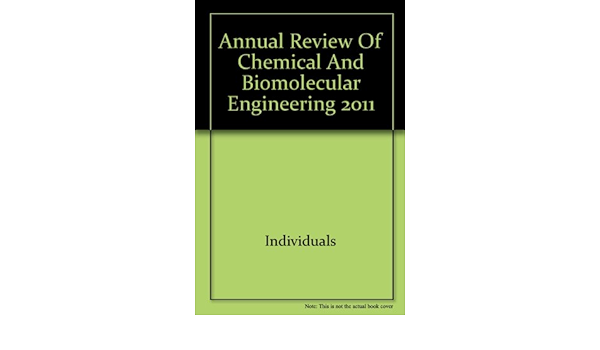演绎式机器学习在化学应用中的挑战与机遇
IF 7.6
2区 工程技术
Q1 CHEMISTRY, APPLIED
Annual review of chemical and biomolecular engineering
Pub Date : 2024-04-10
DOI:10.1146/annurev-chembioeng-100722-111917
引用次数: 0
摘要
当代机器学习算法已在很大程度上成功实现了从数据中自动建立数学模型。尽管这是一项令人瞩目的成就,但仍有许多情况没有得到解决,特别是在化学科学和工程领域,需要进行演绎推理而不是归纳推理,而且仍然依赖于专家的人工干预。这篇综述描述了演绎推理的特点,这些特点有助于理解专家干预在解决问题中发挥的作用,并解释了为什么这种干预通常相对不易被典型的机器学习策略所破坏。文章随后讨论了造成演绎瓶颈的因素、目前在几个应用领域中如何解决演绎瓶颈,以及如何设计能够进行演绎的机器学习模型。综述最后通过一个案例研究说明了演绎问题所面临的挑战,并提供了一个笔记本供读者自行实验。本文章由计算机程序翻译,如有差异,请以英文原文为准。
Deductive Machine Learning Challenges and Opportunities in Chemical Applications
Contemporary machine learning algorithms have largely succeeded in automating the development of mathematical models from data. Although this is a striking accomplishment, it leaves unaddressed the multitude of scenarios, especially across the chemical sciences and engineering, where deductive, rather than inductive, reasoning is required and still depends on manual intervention by an expert. This review describes the characteristics of deductive reasoning that are helpful for understanding the role played by expert intervention in problem-solving and explains why such interventions are often relatively resistant to disruption by typical machine learning strategies. The article then discusses the factors that contribute to creating a deductive bottleneck, how deductive bottlenecks are currently addressed in several application areas, and how machine learning models capable of deduction can be designed. The review concludes with a tutorial case study that illustrates the challenges of deduction problems and a notebook for readers to experiment with on their own.
求助全文
通过发布文献求助,成功后即可免费获取论文全文。
去求助
来源期刊

Annual review of chemical and biomolecular engineering
CHEMISTRY, APPLIED-ENGINEERING, CHEMICAL
CiteScore
16.00
自引率
0.00%
发文量
25
期刊介绍:
The Annual Review of Chemical and Biomolecular Engineering aims to provide a perspective on the broad field of chemical (and related) engineering. The journal draws from disciplines as diverse as biology, physics, and engineering, with development of chemical products and processes as the unifying theme.
 求助内容:
求助内容: 应助结果提醒方式:
应助结果提醒方式:


